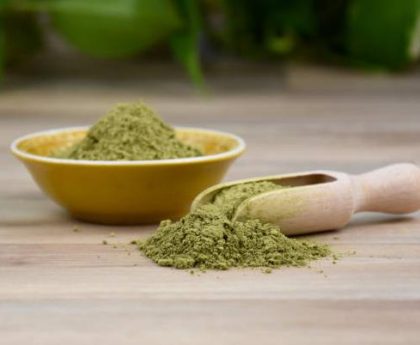Each day, it is important to examine your bearings. Note any anomalies and make a note of them, such as the temperature of bearings, any noises and vibrations or consumption.
Be aware of any obstructions, for example, stones or sticks on the lines of suction. Listen to the sound of the pump operating – a high-pitched clunking or popping indicates the cavitation and alignment is off.
Essential Pump Care
Contact a professional immediately if you notice that your water pump is experiencing issues, such as low pressure. This may be a sign that your water pump nearing its end. It may be as simple as a circuit breaker getting tripped, or the pressure tank running empty. If you can fix any issues immediately, it will save money on expensive replacements.
The water pump should be checked regularly for any damage or anomalies. The pump needs to be cleaned and flushed during these inspections to eliminate any sediment or sand buildup. It is also recommended that the water pump be inspected for rust cracks, cracks or other signs of damage.
Wear and cavitation of bearings may result in strange vibrations or noises in the water pump. Cavitation can cause the pump to lose efficiency and energy, as well as decreasing its life span. Ignoring the signs could lead to further problems.
Maintenance Preventive
If they are not maintained properly pump maintenance, they can turn into costly failure points. Make sure to perform preventative maintenance in order to cut down on the cost of emergency repairs, such as overtime wages, shutting down machines or overnight deliveries.
Regular checks are crucial to the long-term performance of the pumps. Inspects could reveal a variety of issues, from a high-pitched sound or grinding of the gravel in the pump (cavitation) as well as vibrations, and seal chamber leaks.
It is best to have an everyday regular routine, either weekly or monthly for maintenance of the pump. This includes physical inspections and the lubrication process and differential pressure tests as well as evaluations. Additionally, you should check the alignment of the shaft as well as motor bearings. Also, check for grooves or pits in the bearings of your shaft.
How to make your water tu dieu khien bom pumps last longer
Maintenance that is preventive is the ideal method to avoid many issues with water pumps. This may involve avoiding pollution of the coolant with the use of oil or any other substance as well as making sure the tank is airtight and regularly inspecting the blades. Conducting these checks on a regular basis ensures that the water flows easily and will help avoid the expense of repair.
Store the pump in a safe place. The pump’s casing should be drained essential to make sure that corrosion, rust and the like do not damage the interior parts. Storing the pump in a dry area will also help to reduce the chance of corrosion.
The oil of the water pump should be checked every month is recommended. Clean oil helps to lubricate rotating parts, and also reduces friction that can lead to premature wear.
How do you maintain industrial water pumps
Pumps play an essential role in the running of your company. It’s easy for us to ignore their significance. A pump failure can cause serious problems for your business.
A maintenance check list is crucial to maintaining your equipment. This will help you avoid costly repairs, lost production as well as unnecessary expenses.
The inspection of your pump for leaks, correct maintenance, wear on the drive system and vibrations, noise and electrical connections is important. Monitoring parameters of operation like the differential pressure and rpm and efficiency point, power requirement amperage, voltage, and power requirements can assist in determining when the pumps aren’t operating in peak efficiency.
In addition to cleaning and replacing mechanical seals maintenance program should consist of draining wet ends. This prevents excessive corrosion, and keep the mechanical seal lubricated. Keep your apparatus in a clean place and think about storing it on blocks or pallets to minimize vibrations coming of the floor as well as other equipment. If you are forced to keep your equipment in the ground, protect the equipment with a clean, sheet and vent it to keep out condensation.




